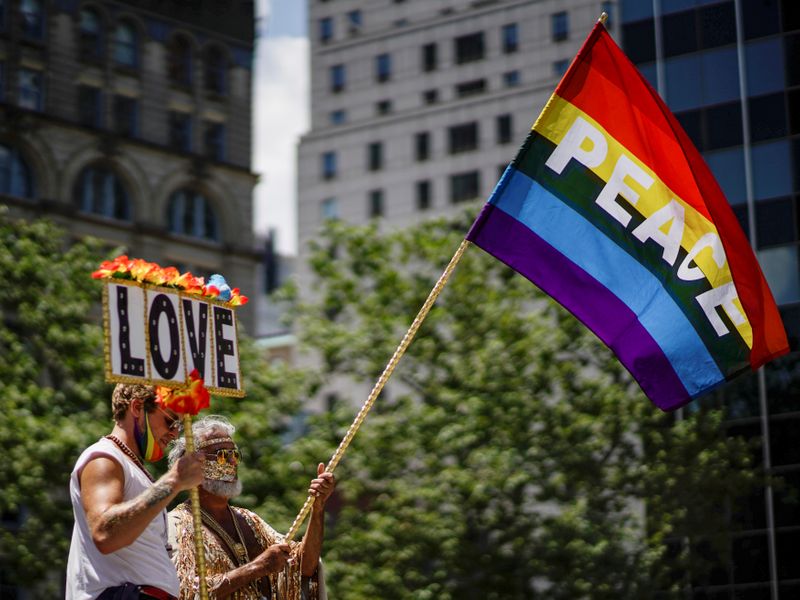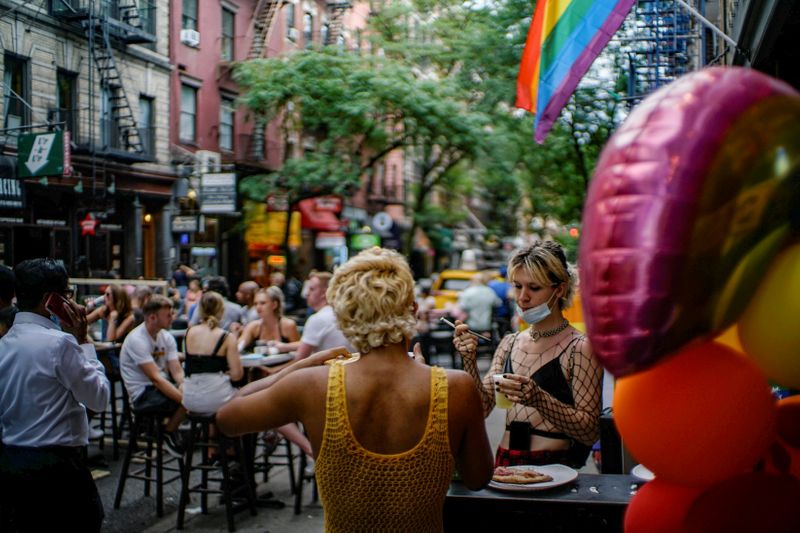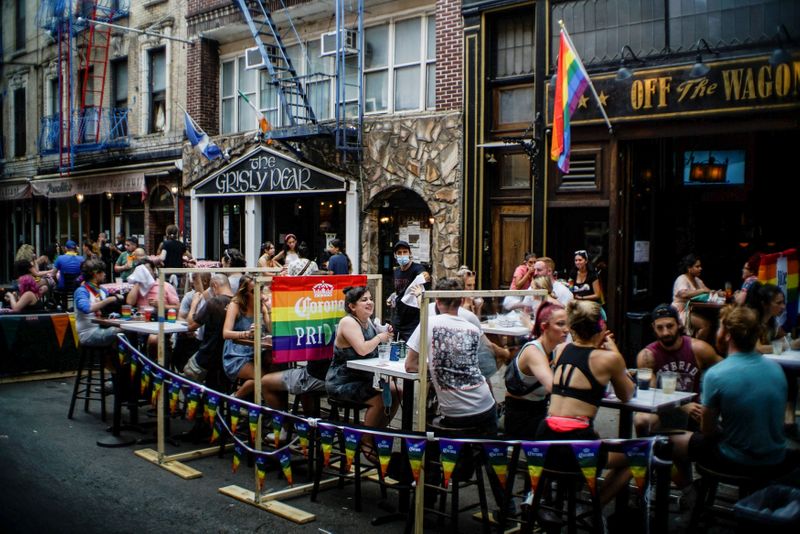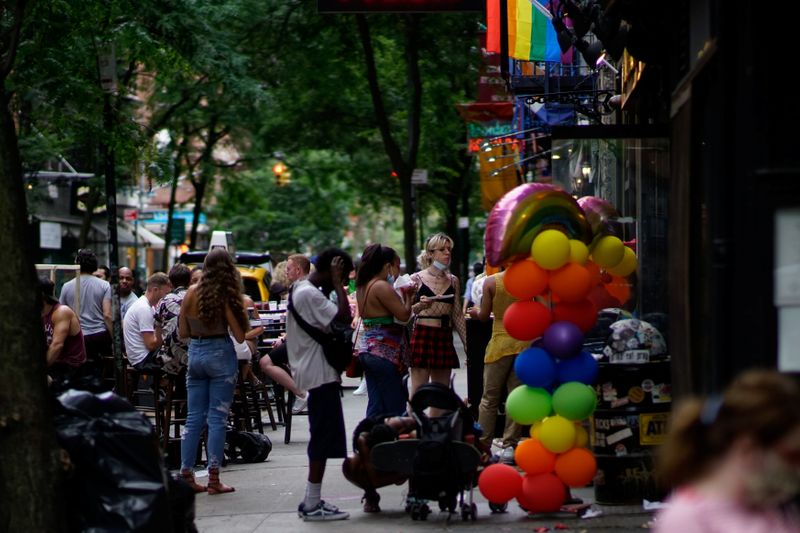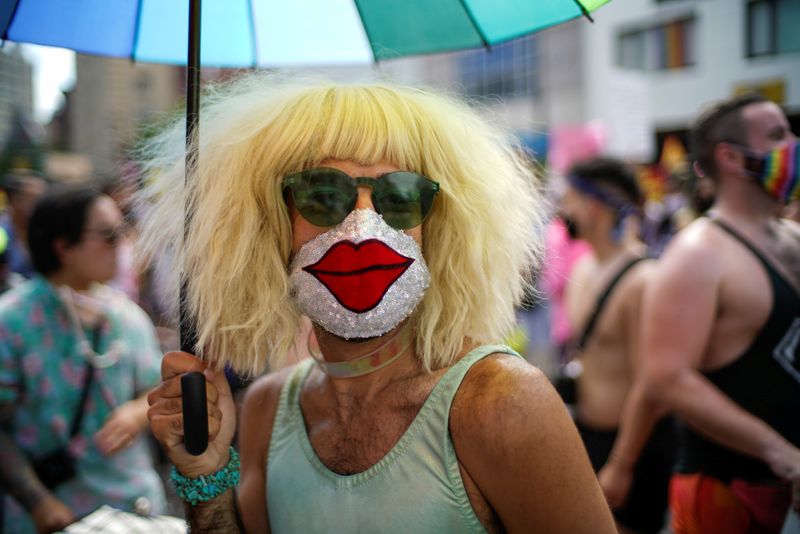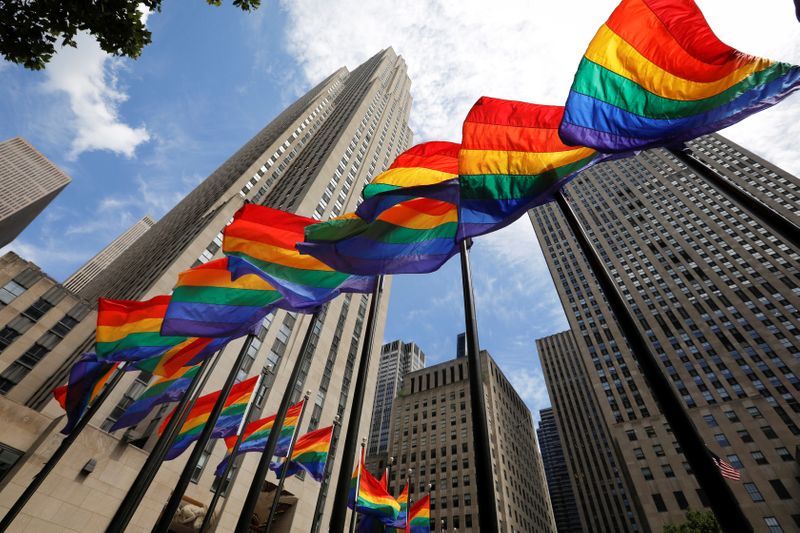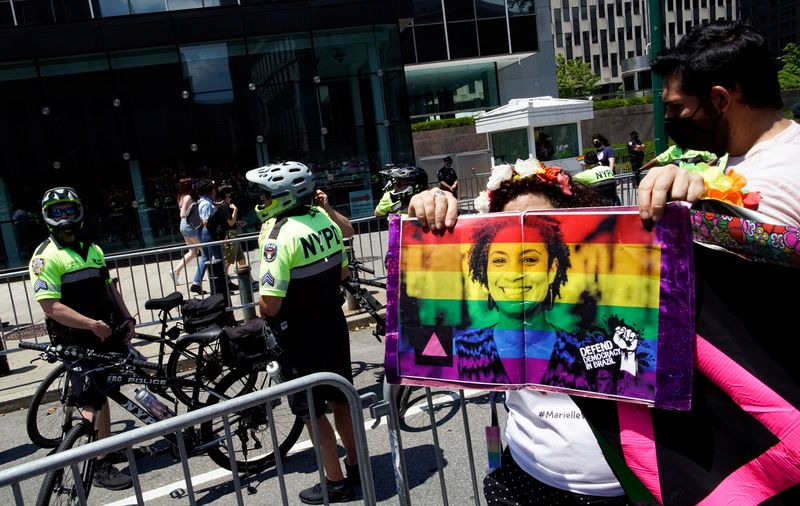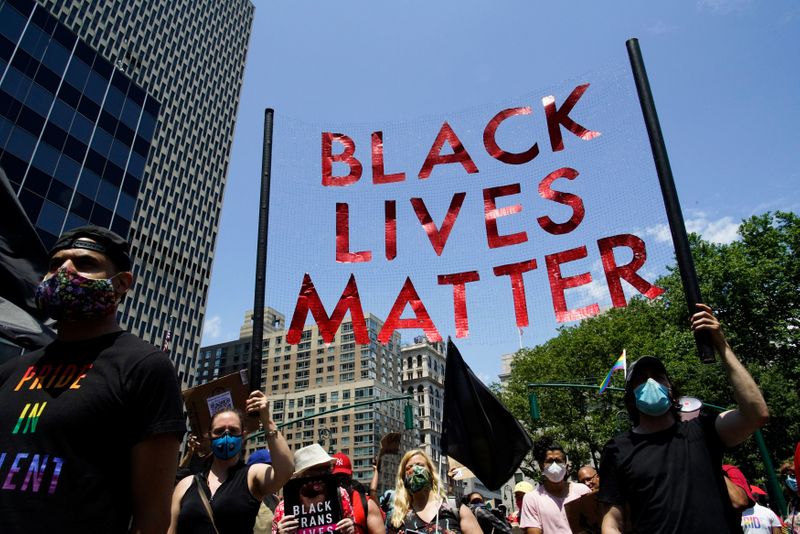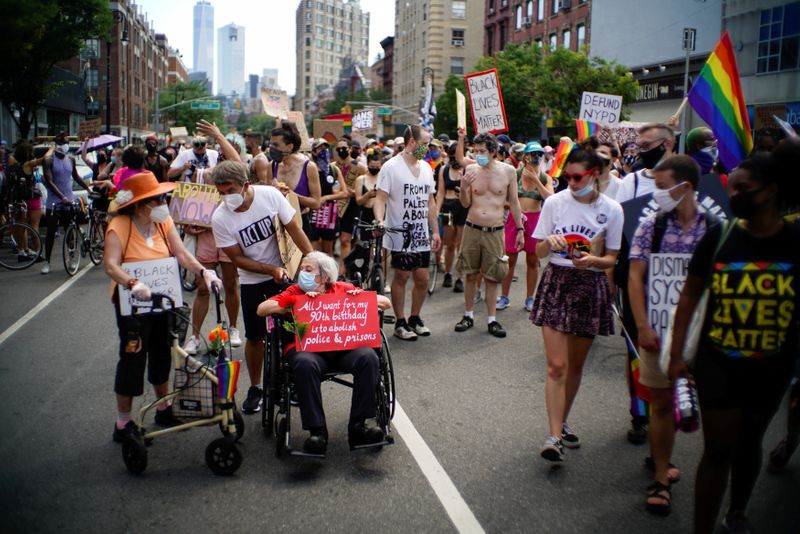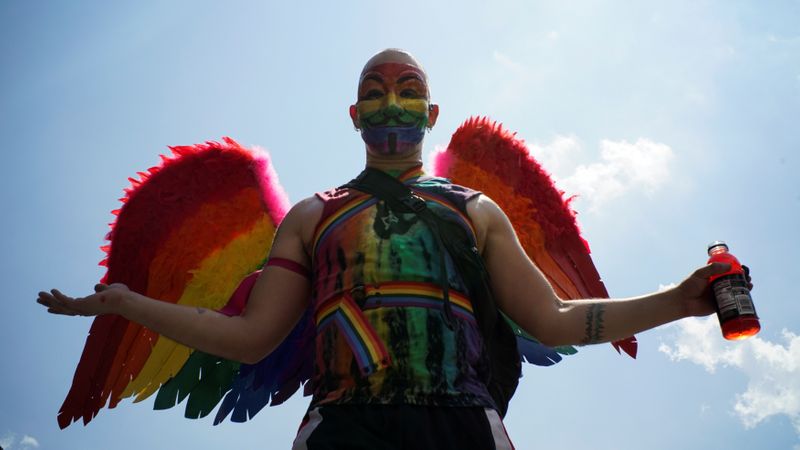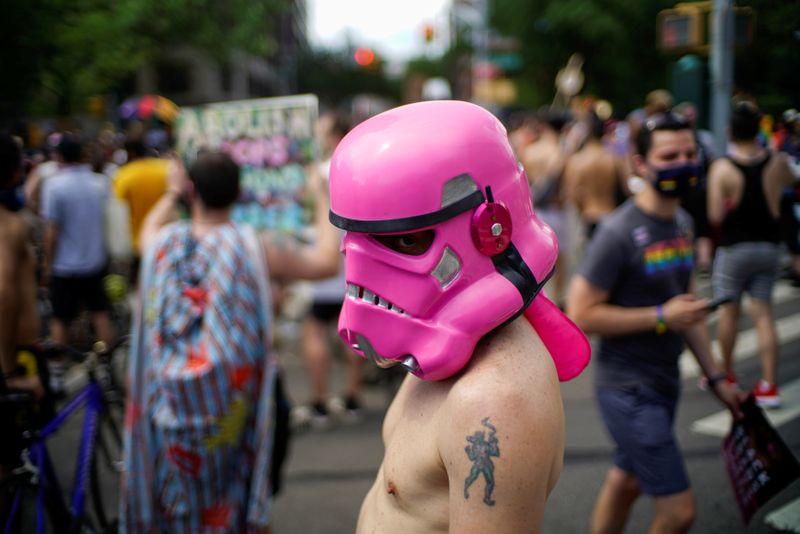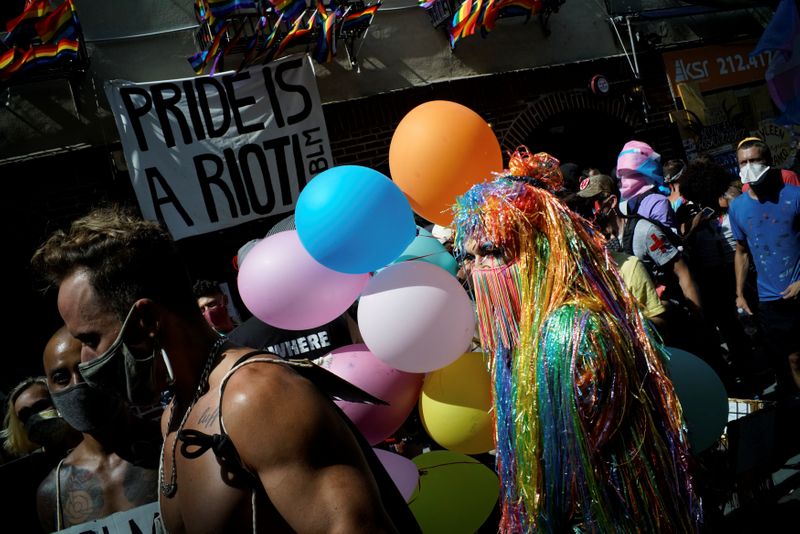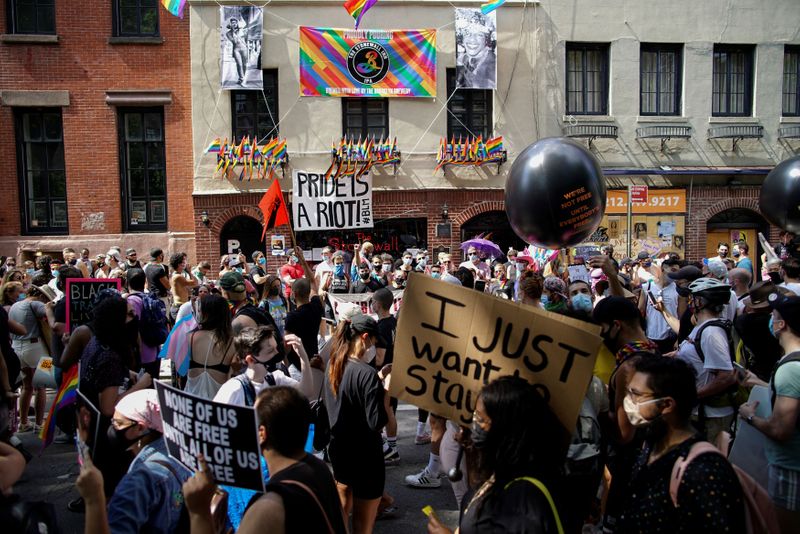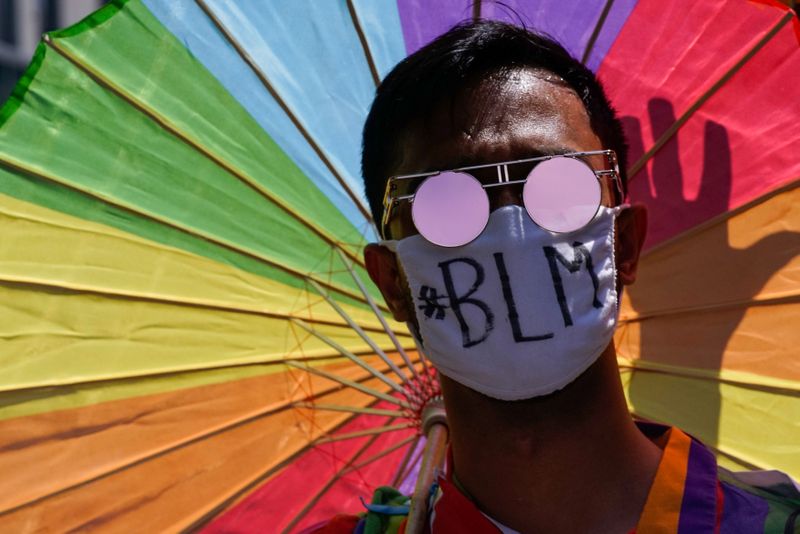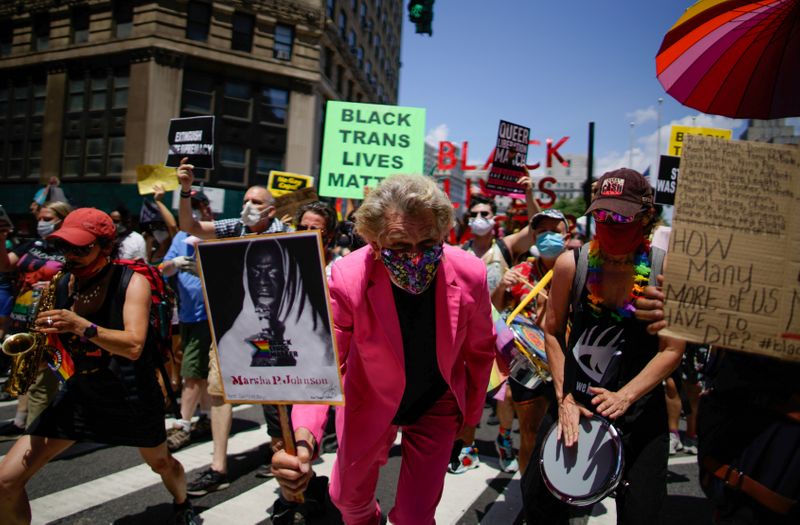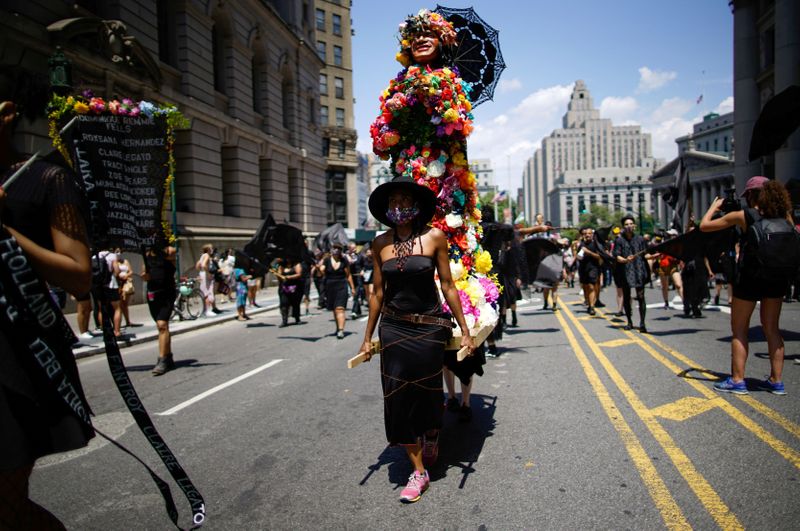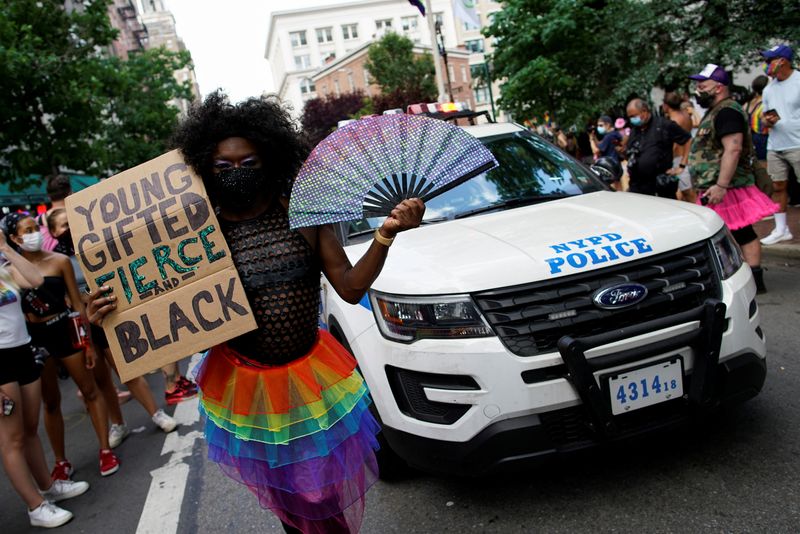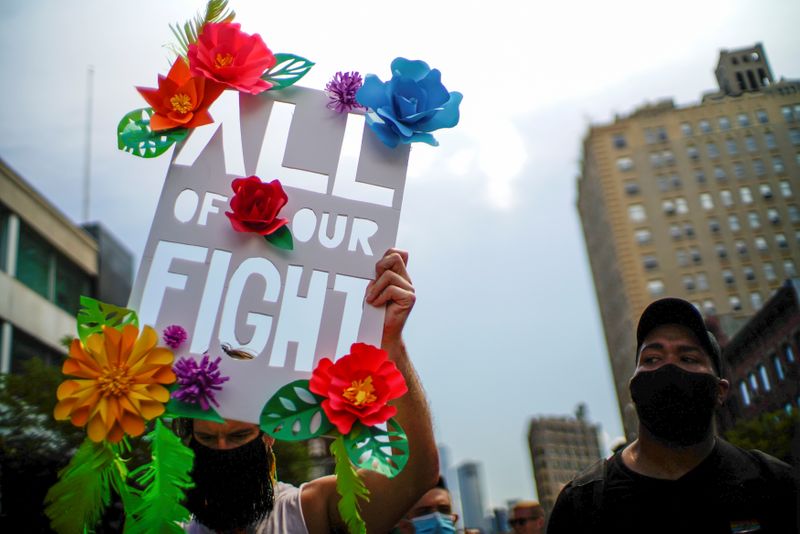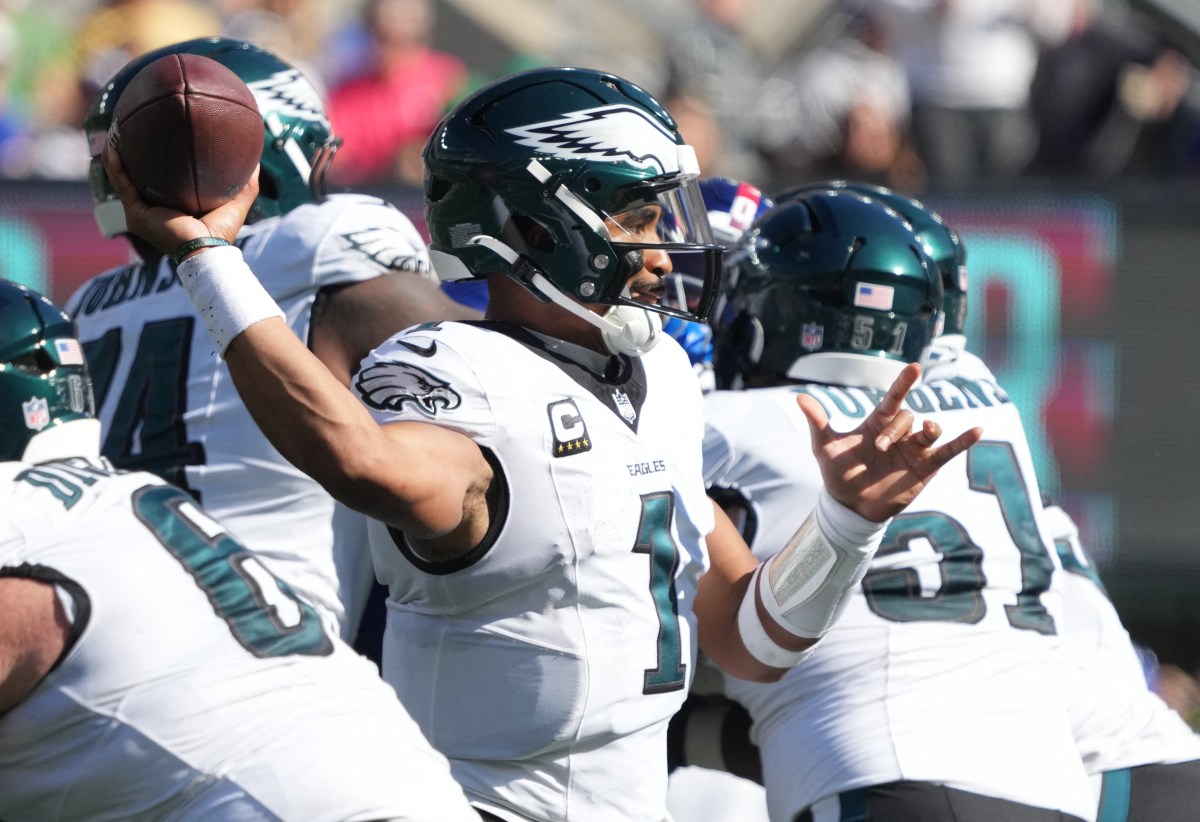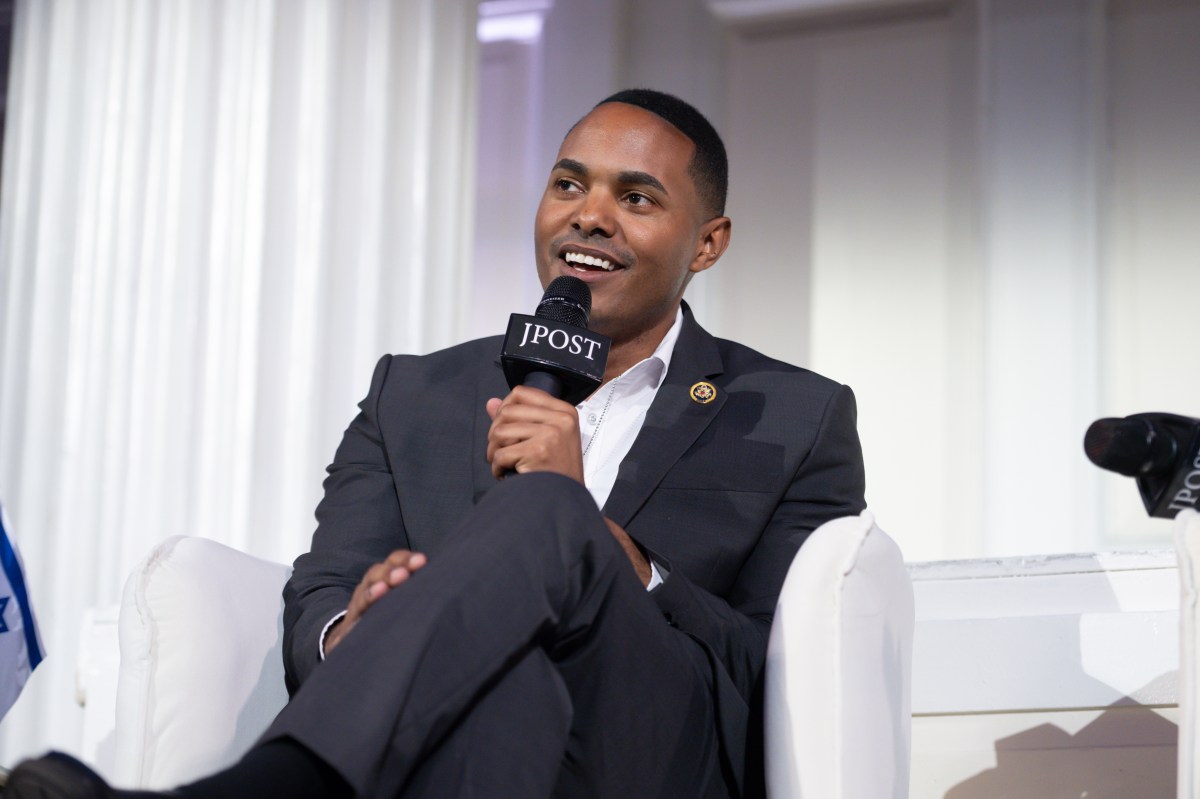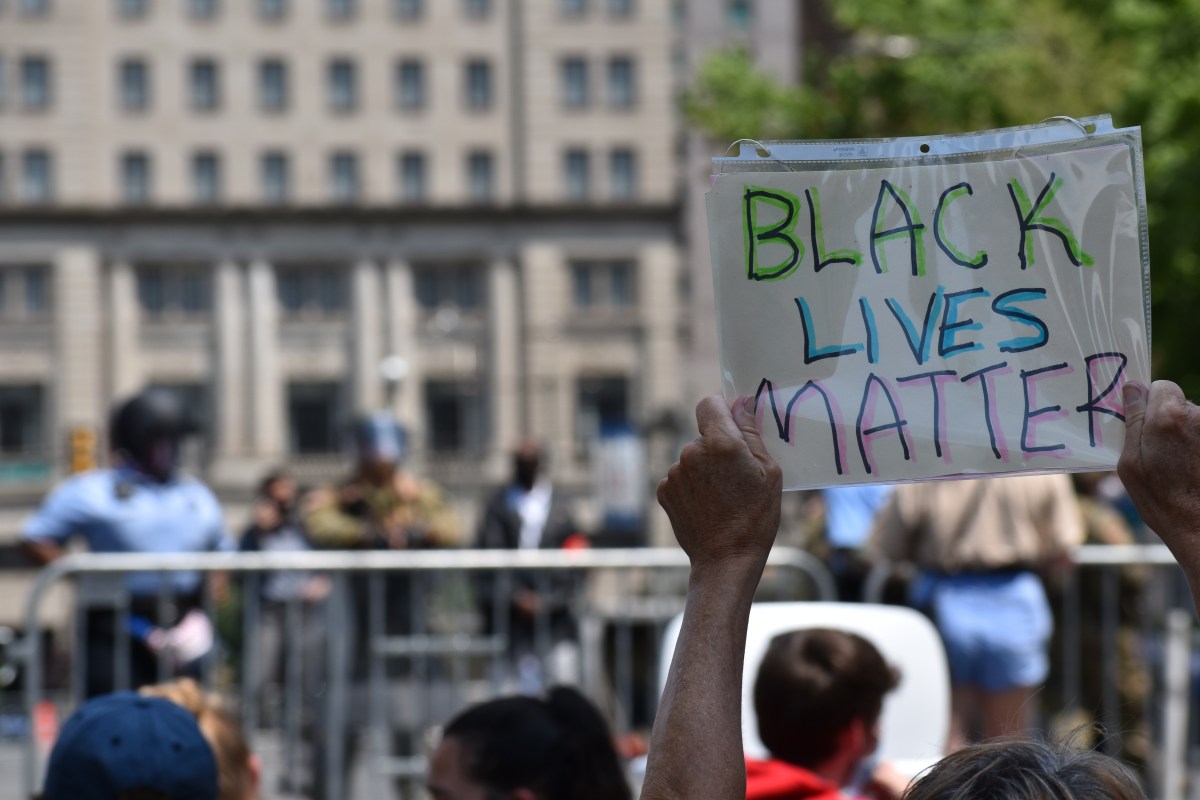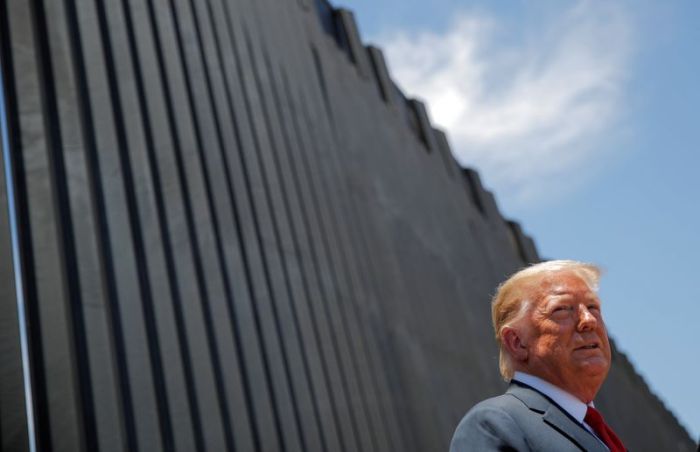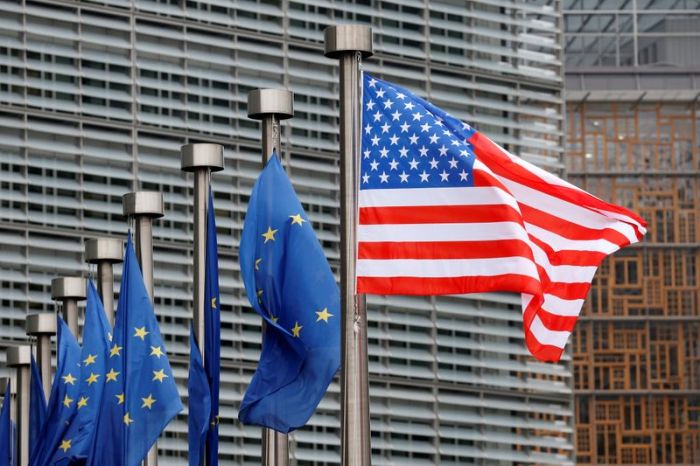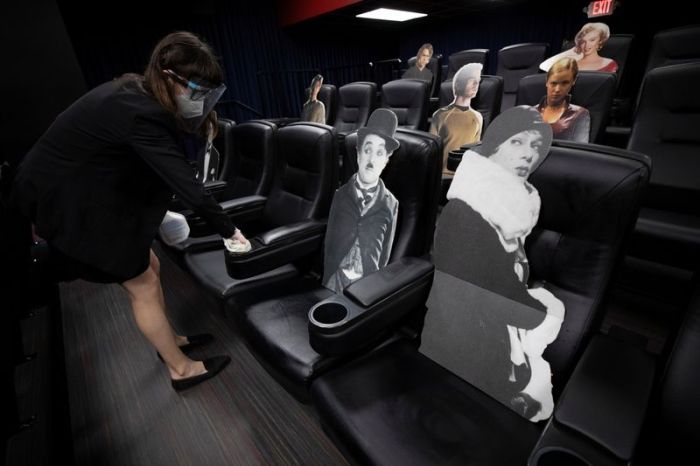NEW YORK (Reuters) – The coronavirus pandemic forced the cancellation of most in-person Pride events this year, but a march in Manhattan on Sunday drew thousands to the streets in solidarity with protesters demanding an end to racial injustice and police brutality.
The second annual Queer Liberation March capped a month of Pride events, virtual and live, during which the celebration of LGBTQ lives has merged with the nationwide demonstrations ignited by the death of George Floyd in Minneapolis last month.
People chanted “No justice, no peace” as the crowd snaked through Manhattan, while techno music blasted from a pickup truck carrying two DJs, one of whom led marchers in chanting “Black lives matter.”
Reclaim Pride Coalition, the group that organized the march, staged its first protest last year by walking in the opposite direction to New York City’s marquee Pride parade, rejecting that event’s large uniformed police presence and the ubiquitous corporate-sponsored floats that normally drift down Manhattan’s 5th Avenue each year.
This year, the march was the city’s main in-person event on Pride Sunday, after the official parade was canceled in April for the first time in its 50-year history due to the pandemic.
Ryan Lewis, 28, said the march was a necessary part of getting people to understand a system that has oppressed Black people and stolen Black history, including the Pride movement.
“Pride, as it is, is a very white space that caters to straight people,” Lewis said.
Demonstrators took a knee in silence as the front of the march reached its destination at Washington Square Park.
On June 28, 1969, patrons of the Stonewall Inn, a gay bar in Manhattan’s Greenwich Village, fought back during a police raid, sparking days of sometimes violent demonstrations against harassment and giving birth to the modern LGBTQ rights movement.
Activists memorialized the first anniversary of the Stonewall rebellion with what they called Christopher Street Liberation Day, starting an annual Pride tradition that is now celebrated around the world.
Marches and rallies with a focus on racial injustice, and the struggle of Black transgender people in particular, took place in other U.S. cities.
In Chicago, thousands of people attended a Pride march on Sunday aimed at drawing attention to the historic origins of Pride as a movement of protest, and to amplify the voices of Black and brown members of the LGBTQ community, local media reported https://abc7chicago.com/community-events/hundreds-gather-to-participate-in-reclaim-pride-march-in-lakeview/6278094.
(This story corrects to add punctuation in quote in paragraph 7.)
(Reporting by Ben Kellerman in New York; Additional reporting and writing by Maria Caspani in New York; Editing by Daniel Wallis)

